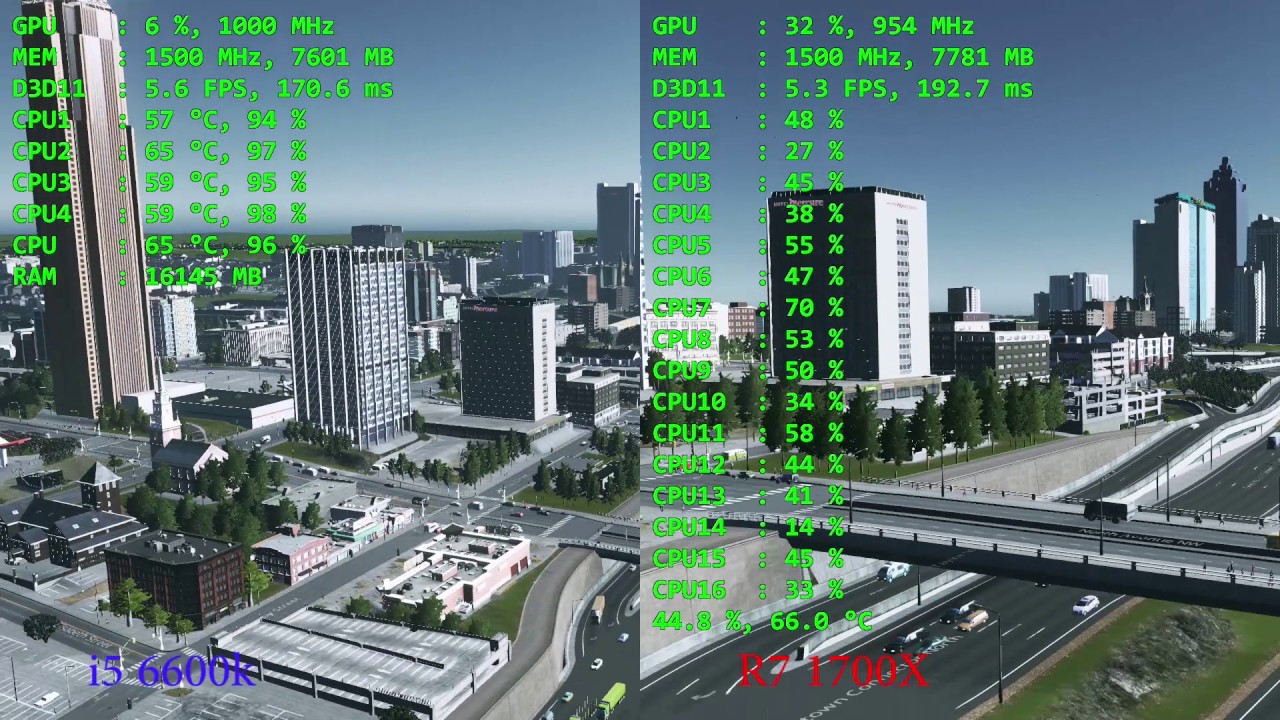IdiotInCharge
NVIDIA SHILL
- Joined
- Jun 13, 2003
- Messages
- 14,675
Oh, so there are never going to hit 5Ghz then, eh?
Nope, didn't say never.
Oh, and Intel is primarily still on 14nm + whatever.
And?
LOL, I am supposed to be concerned with what someone else claims I am acting like on the internet? LOL
Apparently not
![[H]ard|Forum](/styles/hardforum/xenforo/logo_dark.png)
